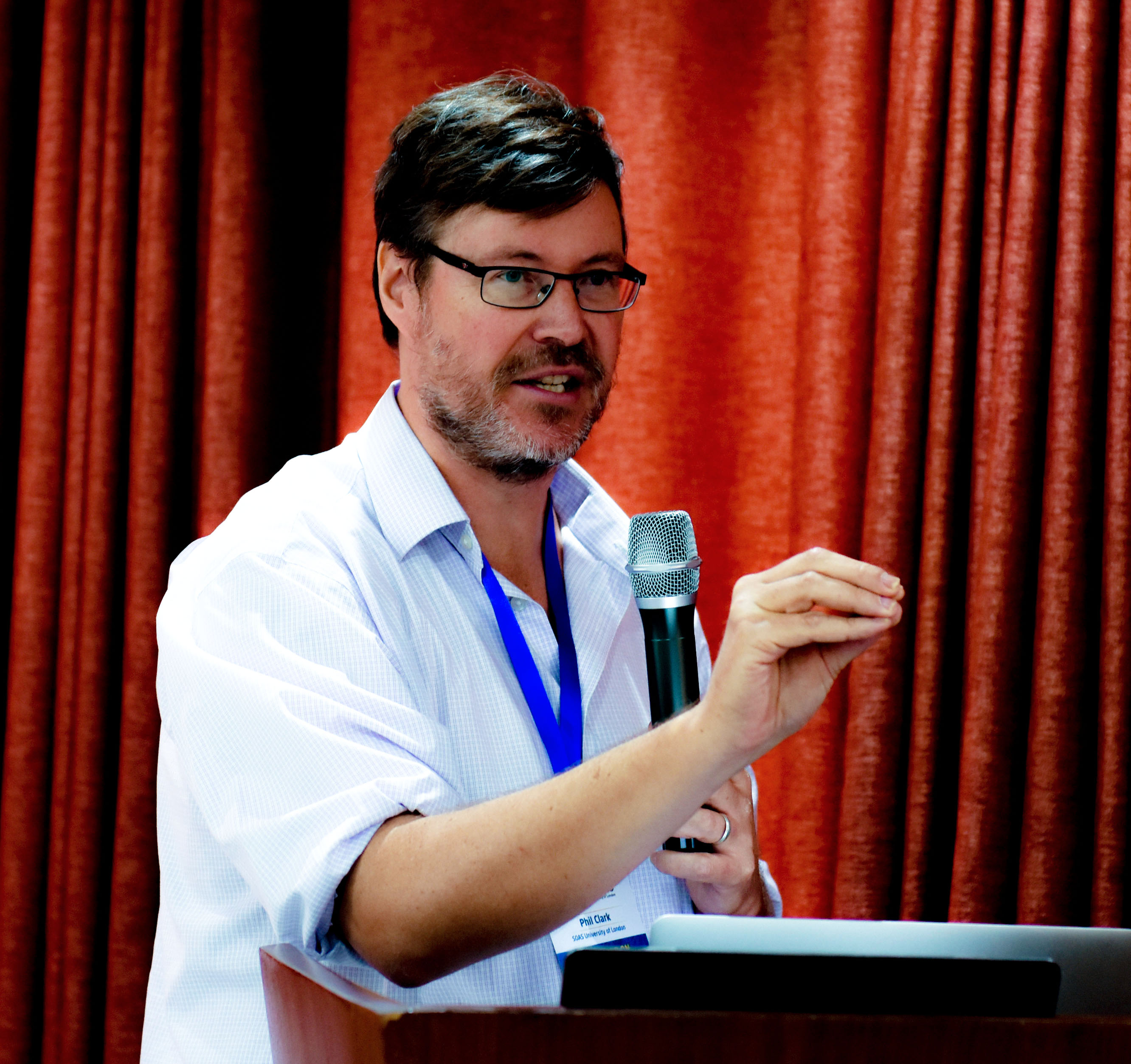
UR-Sweden Symposium showcases innovation-driven solutions to Rwanda’s pressing challenges
- 13-06-2025
- 362
The University of Rwanda hosted a two-day hybrid workshop titled “Intergenerational Justice in Africa,” co-organized in collaboration with the School of Oriental and African Studies, a public research university in London, England. Supported by the Leverhulme Trust, the workshop featured presentations from participants addressing issues related to three intergenerational justice themes : conflict, care, and climate.

Prof. Aggée Shyaka , Director of the UR Centre for Conflict Management
Speaking at the workshop, Prof. Aggée Shyaka Mugabe noted that the event serves as a platform to generate knowledge through papers and policy briefs, which are expected to inform policymaking. Mugabe, Director of the UR Centre for Conflict Management, added that the workshop aligns with the University of Rwanda’s goal of promoting an interdisciplinary approach by bringing together people from diverse backgrounds to offer not only different perspectives but also comprehensive solutions to problems.
He emphasized that research has already established a clear link between conflict and climate, further demonstrating how both increase the need for care.

Phil Clark, Professor of International Politics at the School of Oriental and African Studies
While addressing participants at the workshop, Prof. Phil Clark noted that the concept of intergenerational justice has profound implications for the future.
“What do we owe to future generations—some of whom we don’t even know yet ? It suggests that justice often needs to be delivered to people with whom we have no direct relationship,” said Phil Clark, Professor of International Politics at the School of Oriental and African Studies.
In his discussion on the effects of colonialism, Clark observed that some people in the West claim they have no obligation or responsibility to participate in justice movements addressing the harms of colonialism, using the excuse that they were not present during that time.
According to him, the same individuals who deny responsibility for past actions are often content to continue benefiting from the wealth, privilege, and prestige inherited from colonialism.

A section of participants during the workshop